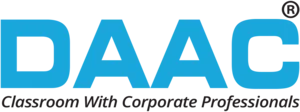Best Python Course to Master Programming in 2023
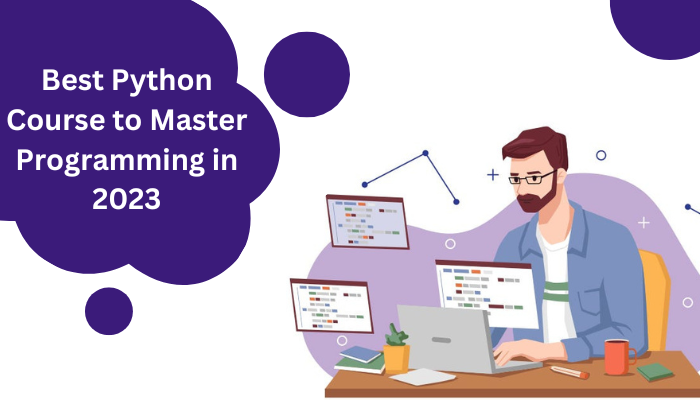
In today's fast-paced digital world, the demand for skilled programmers is on the rise. Python is one of the most widely used programming languages in the world, and the demand for Python developers is increasing at a phenomenal rate. With its simplicity and versatility, Python has become the go-to language for programmers worldwide. This is why Python courses have become one of the most sought-after courses in the education industry.
Python is a high-level, object-oriented programming language that is easy to learn and widely used in various fields such as web development, artificial intelligence, data science, machine learning, and many more. Its simple syntax makes it an excellent language for beginners who are just starting their programming journey, and its powerful libraries make it an excellent language for experienced programmers as well.
What is a Python Course?
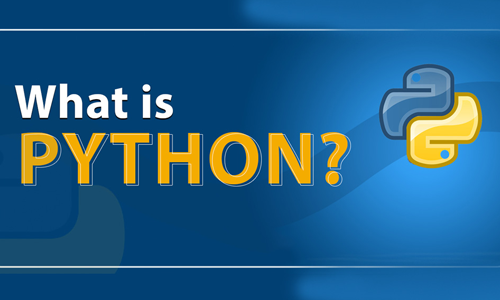
A Python course is a comprehensive training program designed to teach students the fundamentals of the Python programming language. It is an excellent starting point for anyone who wants to learn Python from scratch. These courses are designed for students of all skill levels, from beginners to advanced programmers.
A typical Python course covers the basic syntax and concepts of Python programming, including variables, data types, functions, control statements, loops, and more. The course then progresses to advanced topics such as object-oriented programming, web development, machine learning, and data science.
Why Learn Python?
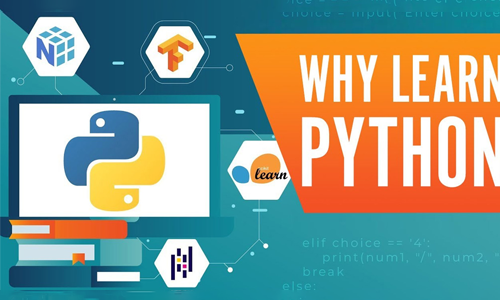
Python is a highly versatile language that is used in various fields such as data science, machine learning, web development, and many more. Here are some of the reasons why you should learn Python:
Easy to Learn: Python has a simple and easy-to-learn syntax that makes it an excellent language for beginners.
High Demand: Python is one of the most popular programming languages in the world, and the demand for Python developers is increasing rapidly.
Versatile: Python is used in various fields such as web development, data science, machine learning, artificial intelligence, and many more.
Large Community: Python has a large and supportive community of developers who contribute to its growth and development.
Libraries and Frameworks: Python has a vast collection of libraries and frameworks that make programming easier and faster.
Python Course Curriculum
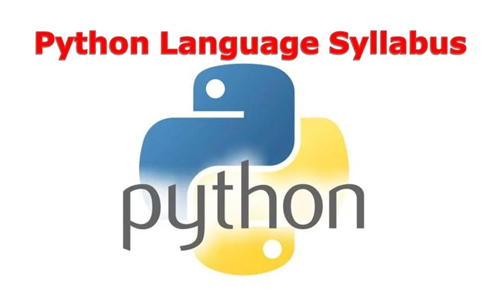
The curriculum of a Python course may vary from one institute to another, but most courses cover the following topics:
Introduction to Python: This module covers the basics of Python programming, including variables, data types, operators, control statements, loops, functions, and modules.
Object-Oriented Programming: This module covers the principles of object-oriented programming (OOP) and how to use them in Python. It includes classes, objects, inheritance, polymorphism, and encapsulation.
Web Development: This module covers web development using Python, including web frameworks such as Flask and Django.
Data Science: This module covers the basics of data science using Python, including data visualization, data analysis, and data manipulation using libraries such as NumPy, Pandas, and Matplotlib.
Machine Learning: This module covers the basics of machine learning using Python, including supervised and unsupervised learning, regression, clustering, and classification.
Python Course Fees
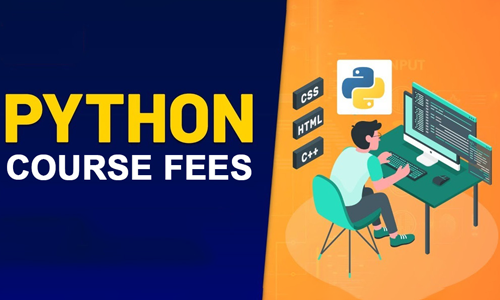
The fees for a Python course may vary from one institute to another, depending on the duration and the level of the course. However, most courses are affordable and accessible for students of all backgrounds.
How to Choose a Python Course?
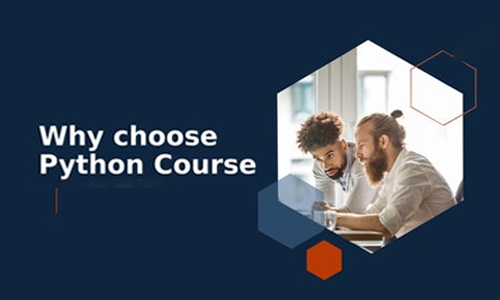
Choosing the right Python course is essential for your learning and career goals. Here are some tips on how to choose the right Python course:
Course Content: Make sure the course covers all the essential topics of Python programming, including the latest updates and trends.
Teaching Method: Look for courses that offer a variety of teaching methods, such as video lectures, interactive coding exercises, and real-world projects. This will help you to learn the language in a practical and engaging way.
Course Format: Choose a course format that suits your learning style and schedule. Some courses are self-paced, while others have fixed deadlines and live classes. Consider your availability and preferred mode of learning before selecting a course.
Instructor Qualifications: Check the instructor's credentials and experience. A qualified instructor with industry experience can provide valuable insights and guidance that will help you to apply Python in real-world scenarios.
Course Reviews: Read course reviews and feedback from previous students. This can give you an idea of the course quality, level of difficulty, and the instructor's teaching style.
Course Duration: Consider the course duration and time commitment required. Some courses can be completed in a few weeks, while others may take several months. Make sure the course duration fits your schedule and goals.
Course Certification: Look for courses that offer a certification upon completion. A certification can add value to your resume and demonstrate your proficiency in Python programming.
Course Fees: Compare the course fees and make sure they fit your budget. However, don't compromise on the quality of the course for a lower price. It's better to invest in a high-quality course that will provide you with long-term benefits.
Conclusion
Python is an essential programming language in today's technology-driven world. Learning Python can open up numerous career opportunities and enhance your skill set. By choosing the right Python course, you can learn the language in a structured and effective way, and achieve your learning and career goals.
